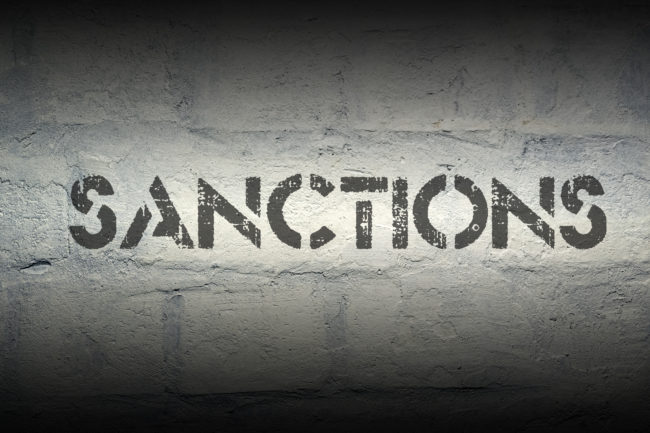The NCAA imposed sanctions on the Arkansas Tech athletic program for violations revolving around the school’s failure to monitor its housing operations from 2009 to 2013. Tech waived or paid $14,250 in housing security deposits for 57 prospects during this time period and also reserved on-campus apartments and dorms for student-athletes, which is a NCAA violation. Arkansas Tech believes the sanctions imposed by the NCAA are excessive and that the organization abused its discretion in the disciplinary process.
Arkansas Tech contends the NCAA has failed to explain why the school’s self-imposed penalties, which included financial aid reductions for men’s and women’s basketball recruits, and other recruiting limitations, were not sufficient. The allegedly excessive additional sanctions set forth by the NCAA included vacating all wins by both the men’s and women’s basketball program during the four year period, fines, two years of probation, and scholarship reductions for both programs.
The complaint zeroes in on the excessive nature of the additional sanctions and the NCAA’s failure to act in good faith. The school alleges that the central analysis used by the NCAA to determine whether or not the NCAA imposed sanctions were fair and non-excessive, is incorrect and does not justify the sanctions.
The NCAA believes the payment and use of waivers for on-campus housing provided Arkansas Tech with benefits that resulted in on-court advantages, thus justifying the sanctions. However, Arkansas Tech points to the fact that their conduct is no longer a NCAA violation due to a January rule change, which in turn makes the payment of housing fees no longer an on-court advantage. Arkansas Tech hopes an independent review of the facts of the case will restore their wins and reduce the allegedly excessive sanctions.
UPDATE: Arkansas granted the NCAA’s motion to dismiss the case
On Wednesday, May 23, 2018, the United States District Court for the Western Division of the Eastern District of Arkansas granted the NCAA’s motion to dismiss the case. Judge Brian Miller granted motion, ruling that the NCAA had not alleged sufficient facts to state a claim upon which relief may be granted.
In its order, the court ruled that the NCAA neither violated the law or its own bylaws. Arkansas State had alleged that the NCAA violated its bylaws by failing to rule on an issue when it upheld the ruling of the Committee on Infractions on appeal. However, the bylaw Arkansas Tech alleged was violated by the NCAA referred to what must be done for an appeal to be set aside, not upheld. Also, the NCAA did not violate any laws because action by the NCAA does not qualify as the type of state action required to maintain the claims brought by Arkansas Tech.

